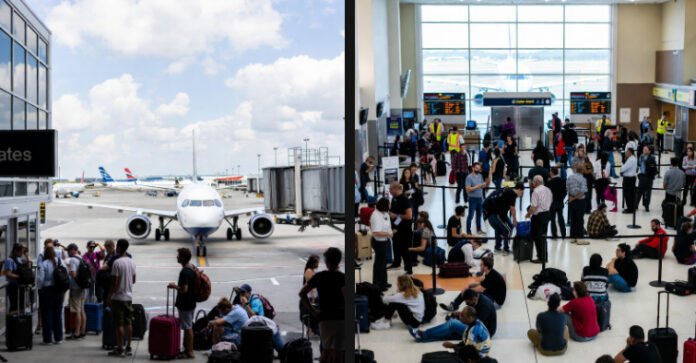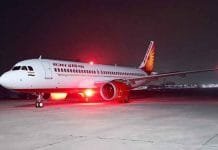Washington, D.C.: Air travelers across the United States are facing widespread delays and cancellations after the Federal Aviation Administration (FAA) temporarily grounded several flights due to staffing shortages and technical glitches in air traffic control systems. The disruption, which began early Wednesday, has rippled through major airports including Atlanta, Chicago, and New York, triggering frustration among passengers and concerns ahead of the busy holiday travel season.
According to FlightAware, more than 3,200 flights were delayed and 460 cancelled nationwide by mid-afternoon. The FAA said the measures were “precautionary and temporary,” aimed at preventing congestion in airspace after multiple radar system failures at regional control centers.
“Safety remains our highest priority,” the FAA said in a statement. “We are working to restore full operations as swiftly as possible, with additional staff deployed from neighboring regions.”
However, passengers have taken to social media platforms such as X (formerly Twitter) and Reddit to vent about missed connections, long waits, and lost luggage. Many shared videos of crowded terminals and empty information counters, with hashtags like #FAAOutage and #FlightDelayUSA trending throughout the day.
Airlines including Delta Air Lines, United Airlines, and American Airlines have started offering travel vouchers and rebooking flexibility, acknowledging that the technical disruptions are beyond their control. Delta confirmed that over 280 of its scheduled flights were affected, while United reported “minor cancellations but heavy schedule strain.”
Industry analysts warn that the incident could create knock-on effects for the coming week, especially with holiday travel bookings already peaking. “A single day of disruption can take 72 hours to normalize,” said Tom Harris, an aviation analyst at the Aerospace Policy Institute. “This event underscores the FAA’s aging infrastructure problem, which Congress has yet to fully address.”
The FAA has struggled in recent years with staff shortages in air traffic control, a challenge worsened by post-pandemic retirements and delayed training schedules. The Department of Transportation (DOT) has pledged to accelerate hiring, but experts estimate a shortfall of nearly 3,000 controllers nationwide.
While operations gradually resume, officials caution that passengers should expect residual delays through the weekend. The incident has reignited debate over modernizing America’s aviation infrastructure, a long-standing issue now colliding with record travel demand.
















